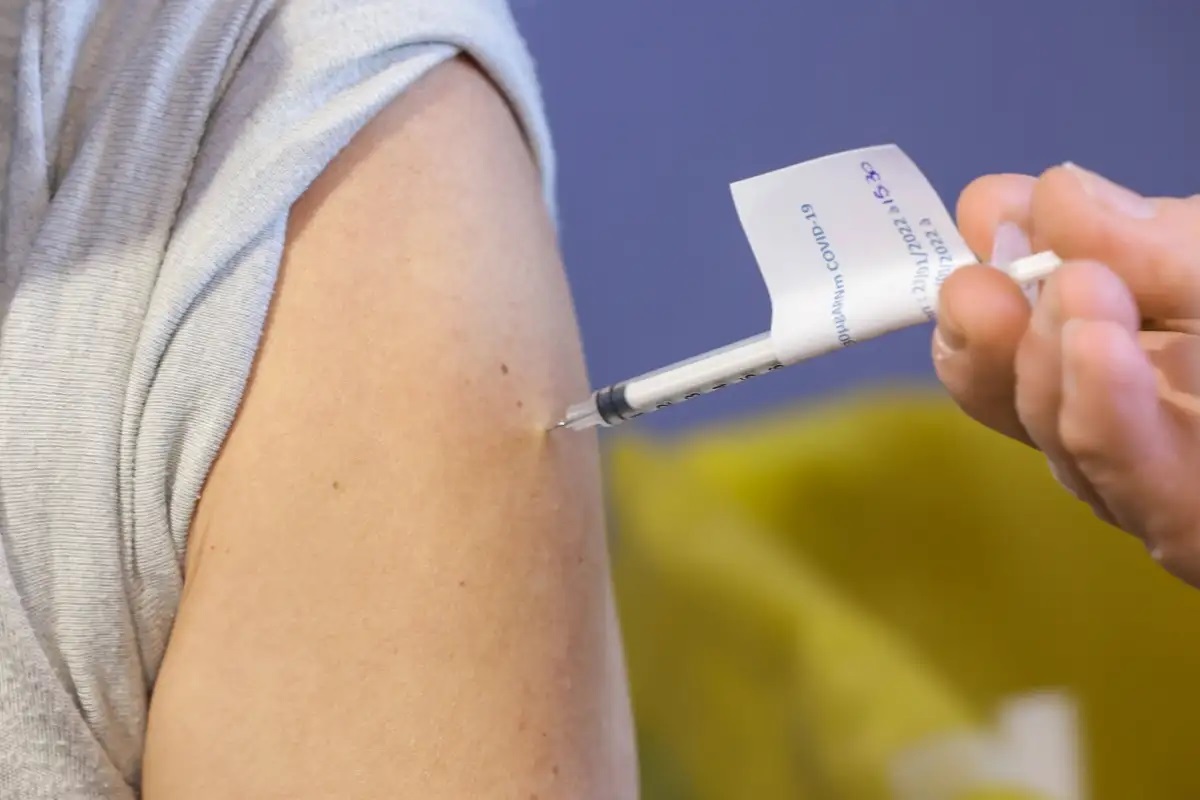A regular round-up of the latest coronavirus news, plus insight, features and interviews from New Scientist about the covid-19 pandemic

Covid-19 caused 5.6 per cent of all deaths in England in February
Covid-19 was the third leading cause of death in England and the sixth biggest driver of fatalities in Wales last month.
According to the Office for National Statistics, covid-19 was the primary cause of 5.6 per cent of all deaths in England in February. This is compared with the 11.6 per cent of deaths caused by dementia, the leading driver of fatalities last month. Ischaemic heart disease, brought on by narrowing of the arteries, was the leading cause of death in Wales, accounting for 10.8 per cent of fatalities.
Across the UK, the number of recorded SARS-CoV-2 cases increased by 16.9 per cent in the past week, according to government data. This is probably due to the widespread easing of restrictions and the more-transmissible omicron BA.2 sublineage. Deaths within 28 days of a positive test increased by 17.9 per cent, however, covid-19 may not have directly caused all these fatalities.
A separate ONS infection survey suggests that 98 to 99 per cent of people across the UK have antibodies against the SARS-CoV-2 virus. However, it is unclear what antibody threshold is required to protect an individual from different covid-19 variants.
“The vast majority of the UK population now have antibodies against COVID-19, hopefully protecting most from developing severe symptoms,” said Sarah Crofts from ONS in a statement.
Other coronavirus news
A SARS-CoV-2 variant that is resistant to the widely-used antiviral drug remdesivir has been detected in an immunocompromised person. The person, who was in remission for stage four non-Hodgkin’s lymphoma, had covid-19 for six months before they required supplemental oxygen. Their viral load then increased while being treated with the antiviral remdesivir. A team from the Yale School of Public Health found an enzyme that is involved in the replication of SARS-CoV-2 virus had mutated, making it resistant to remdesivir. This mutation is thought to have occurred due to the virus replicating in the person for so long, with their immune system unable to fight it off.
“The threat of antiviral resistance is a critical concern, given the rate that the virus introduces mutations in the genome,” said study author Albert Ko in a statement. “A big question is whether this will happen with the other drugs, paxlovid and molnupiravir, we are using to treat our patients.”
Moderna plans to seek regulatory approval in the US for its vaccine for children under 6 years old. This comes after trials revealed two doses of the jab were 38 per cent effective at preventing infections in 2 to 5 year olds and 44 per cent effective in children aged between two years and six months. If authorised, the covid-19 vaccine would be the first to be approved for under 5 year olds in the US.
Nearly 840,000 of 2.2 million AstraZeneca jabs donated to Kenya via the global Covax scheme expired before they could be used, the BBC reported.
Read more: https://www.newscientist.com/article/2237475-covid-19-news-covid-caused-5-6-of-deaths-in-england-last-month/#ixzz7OSjBDhVX
